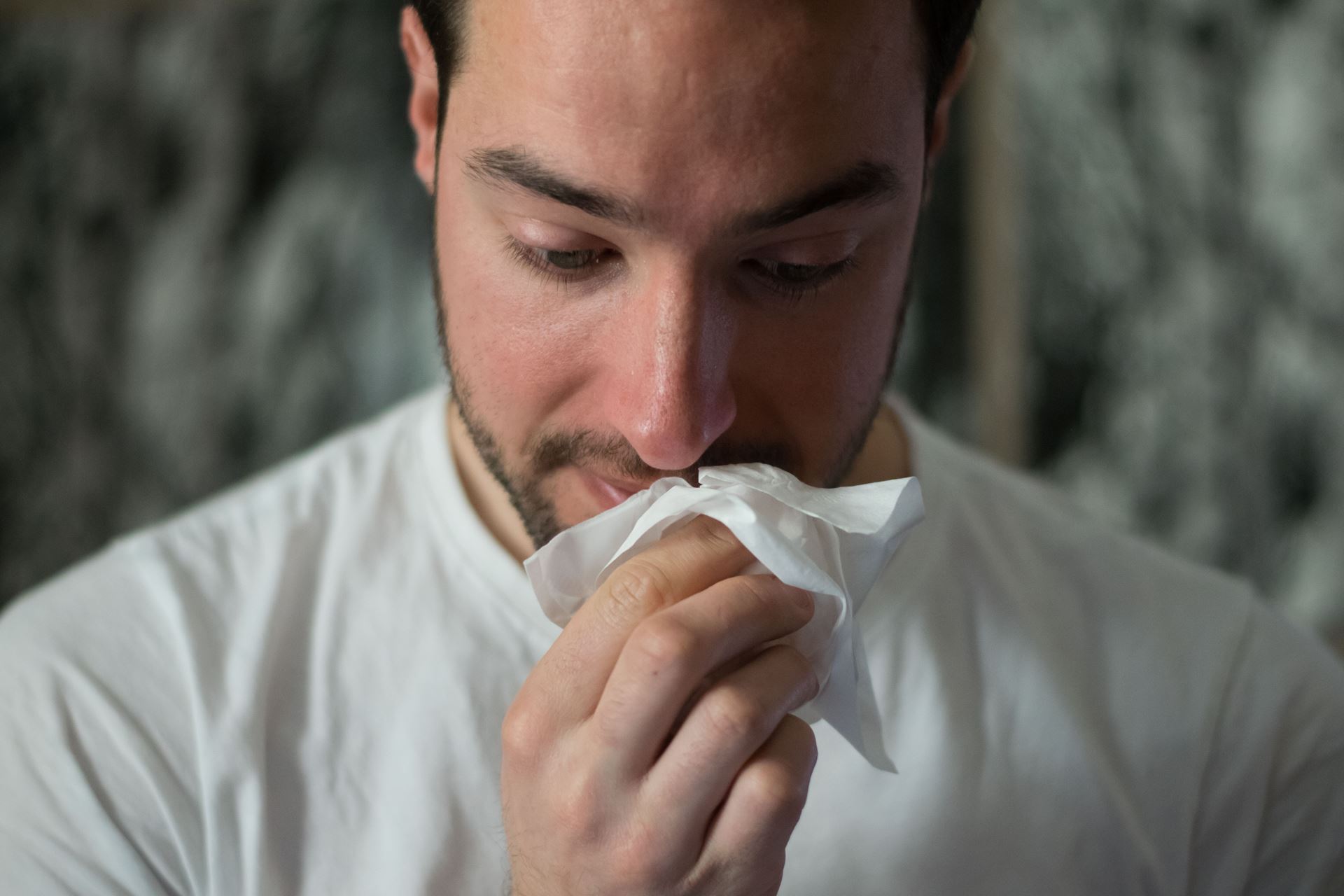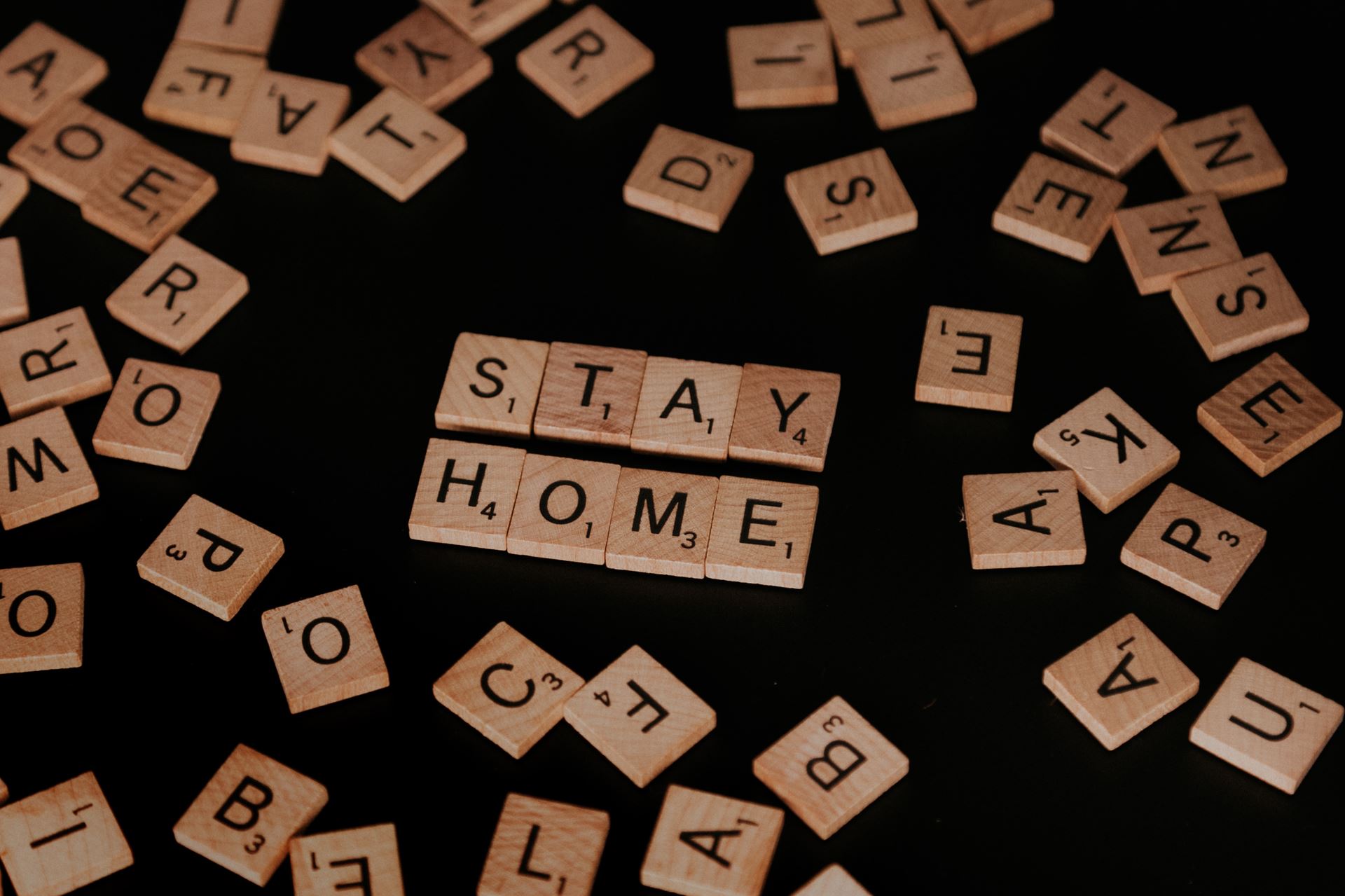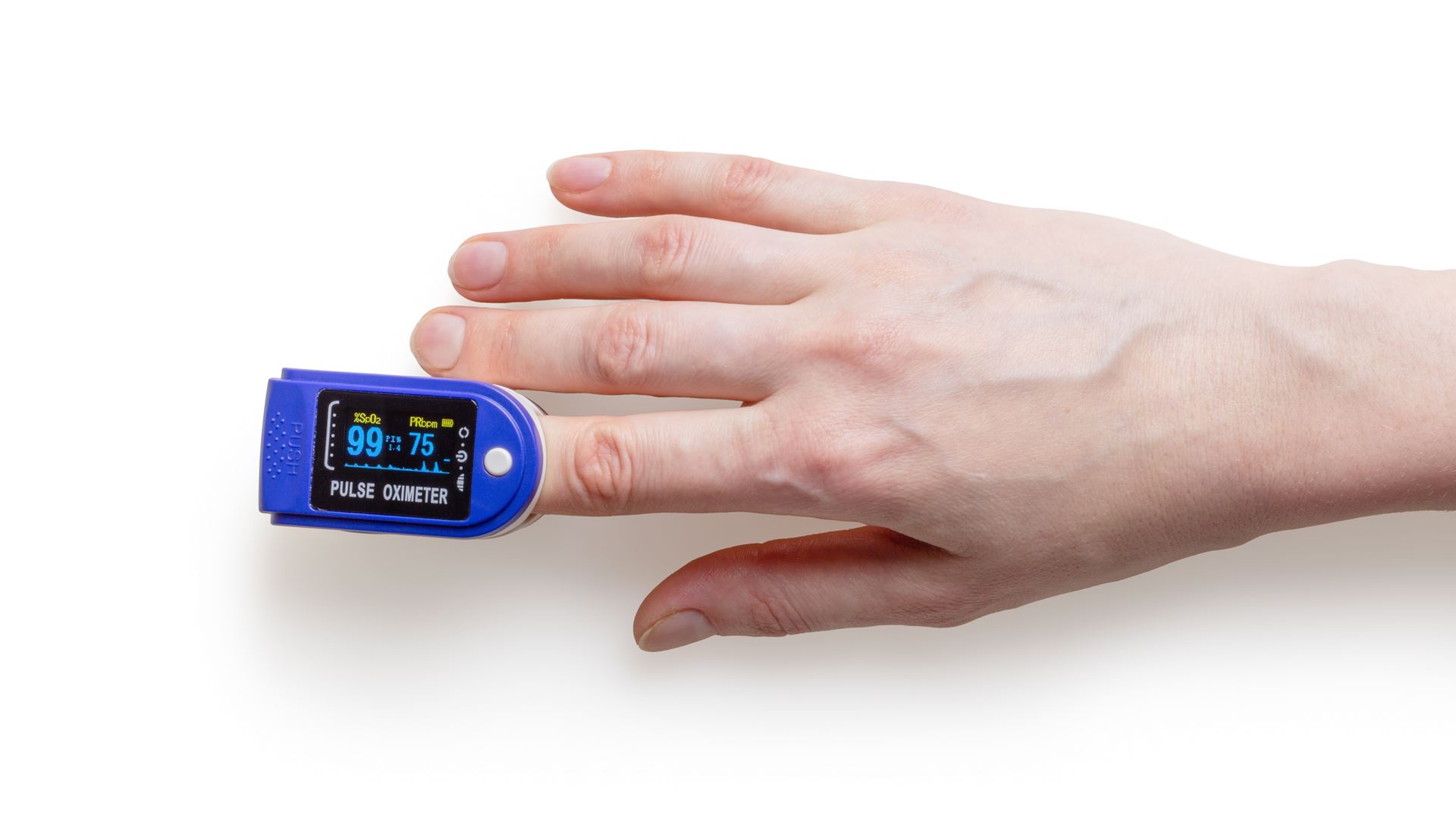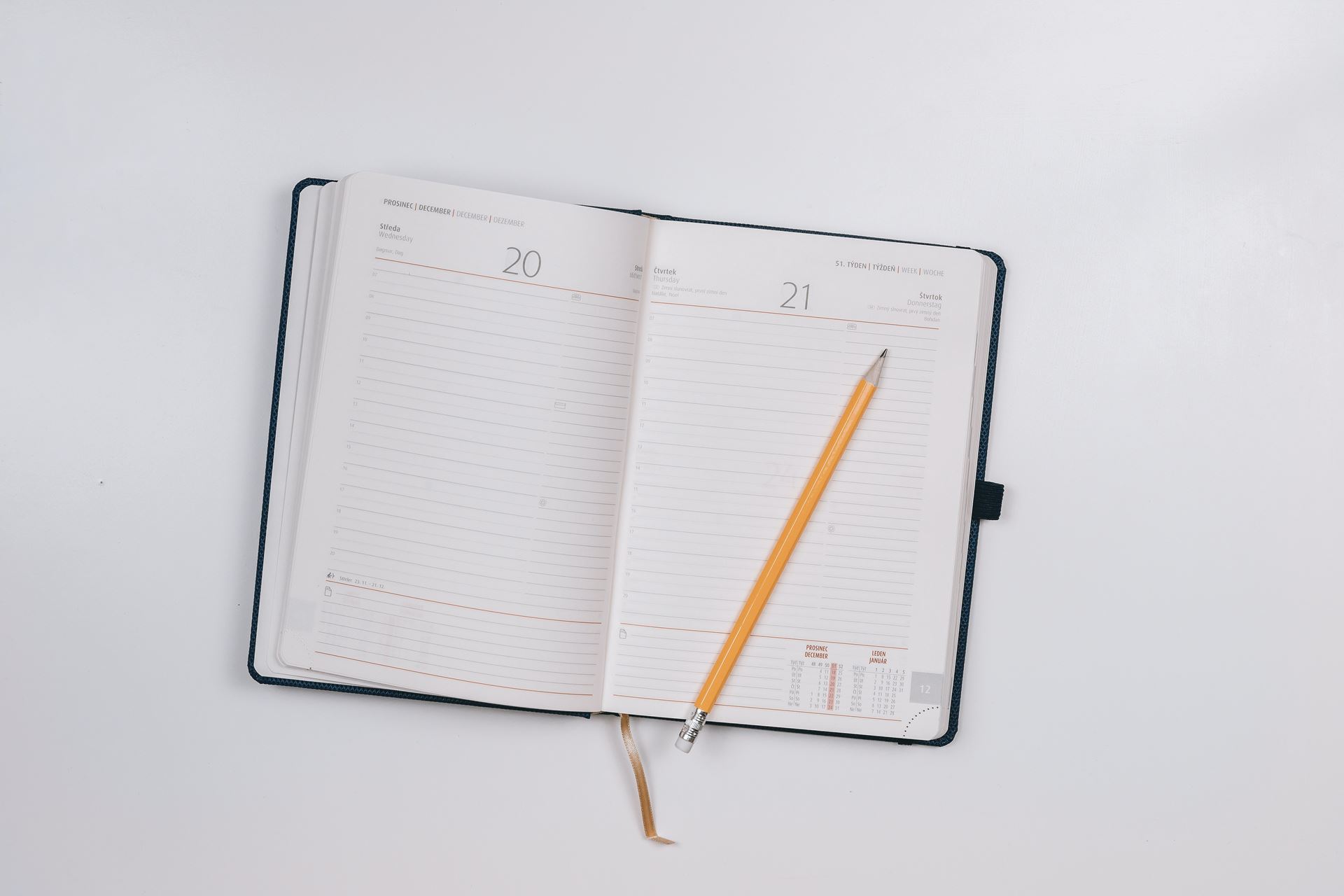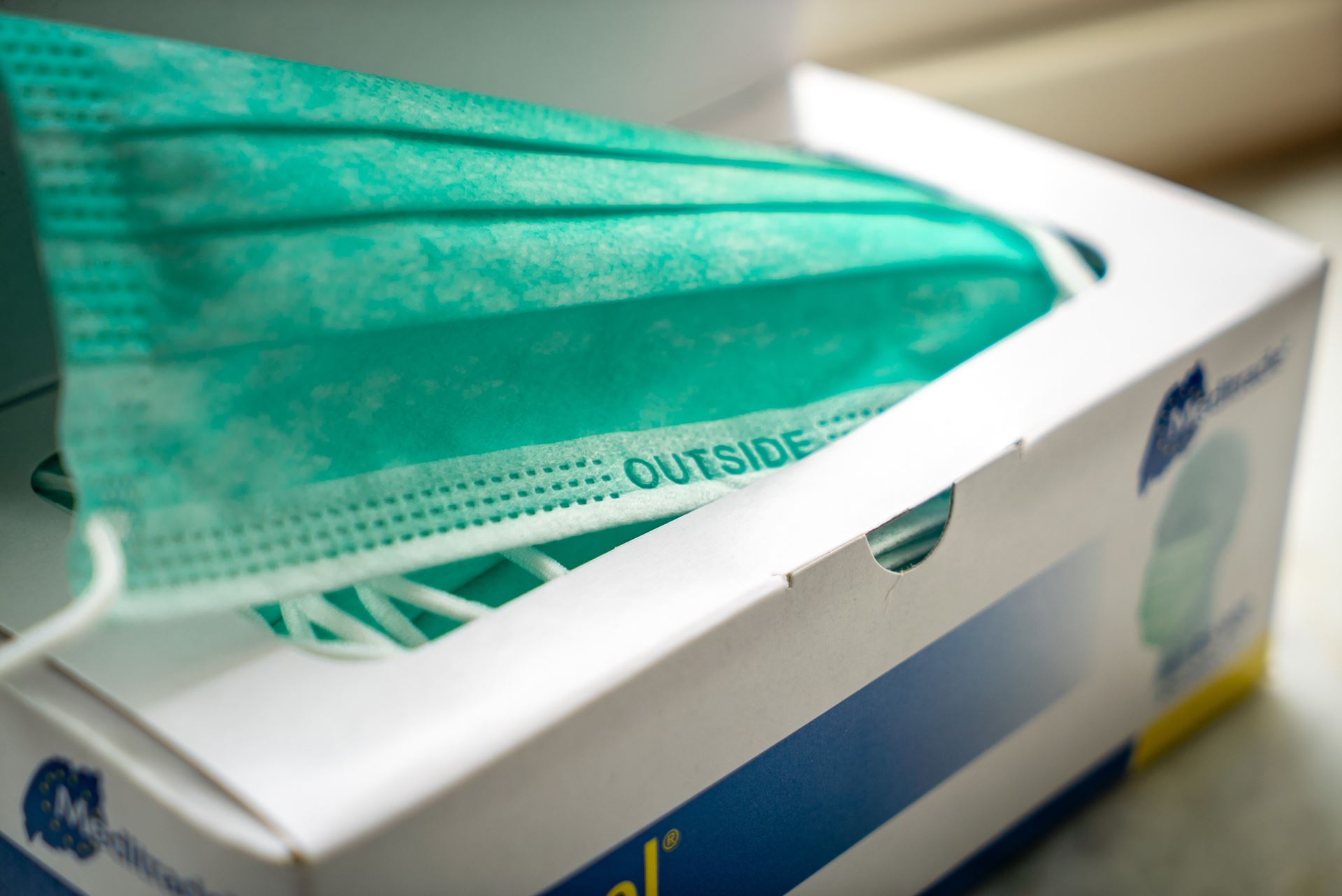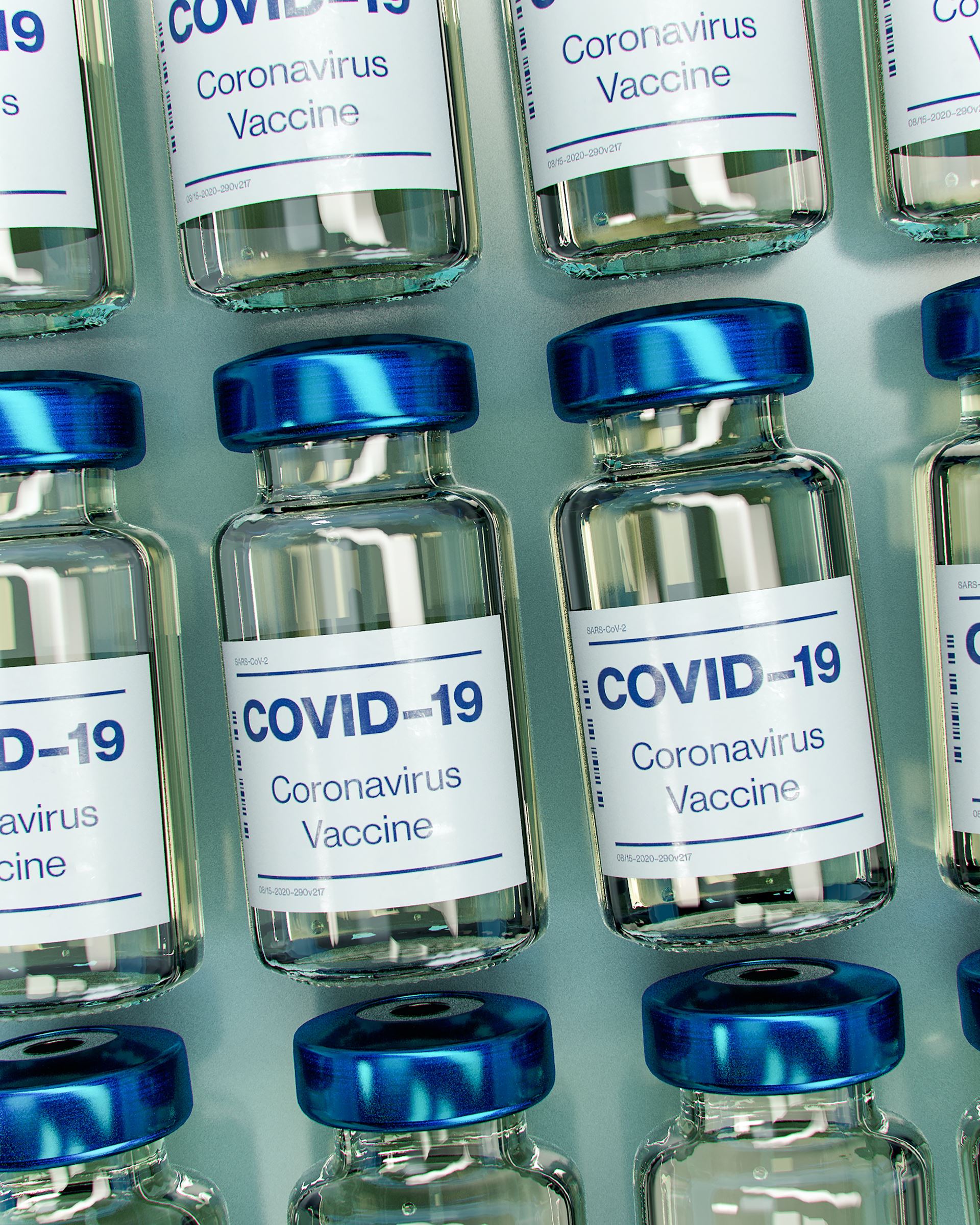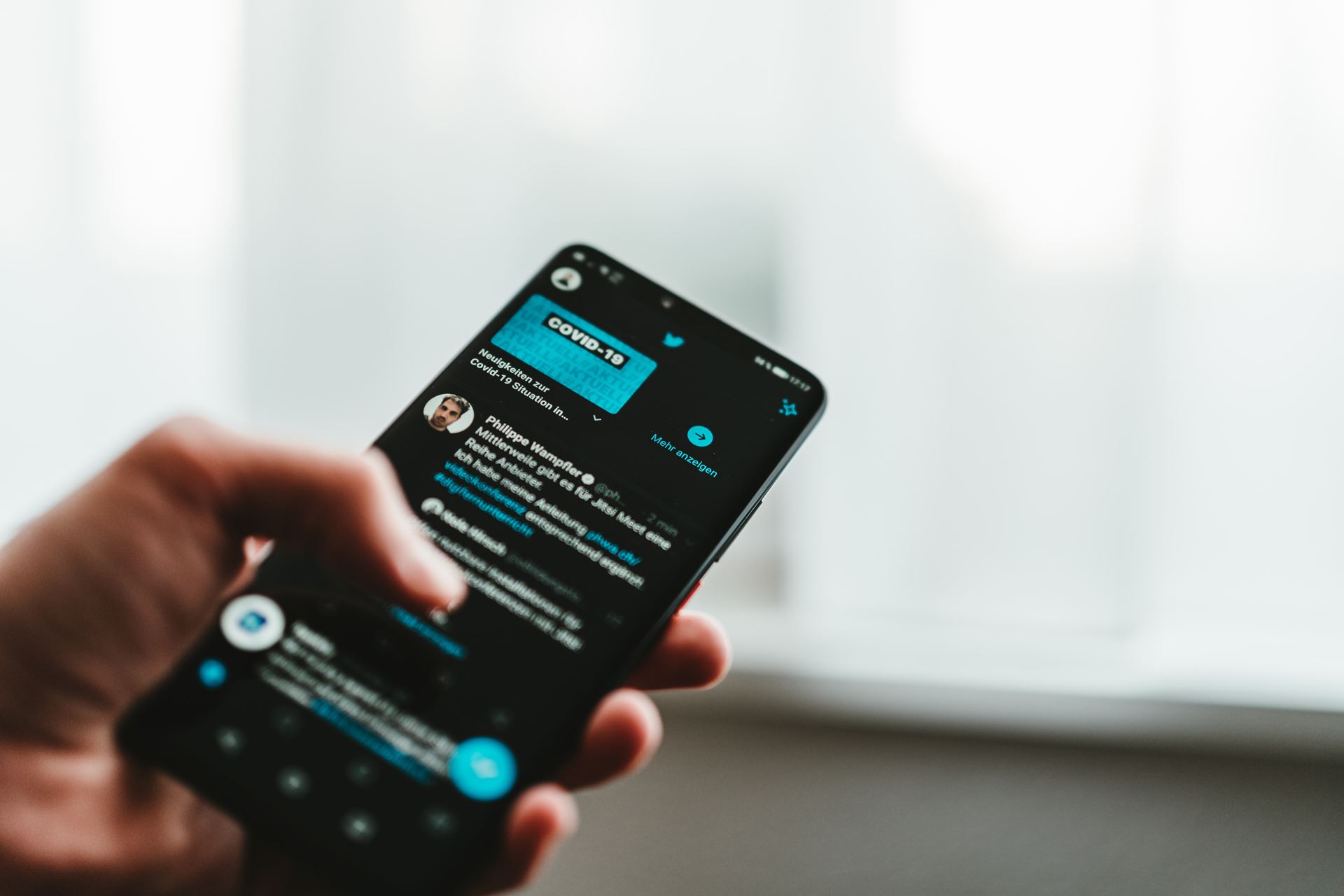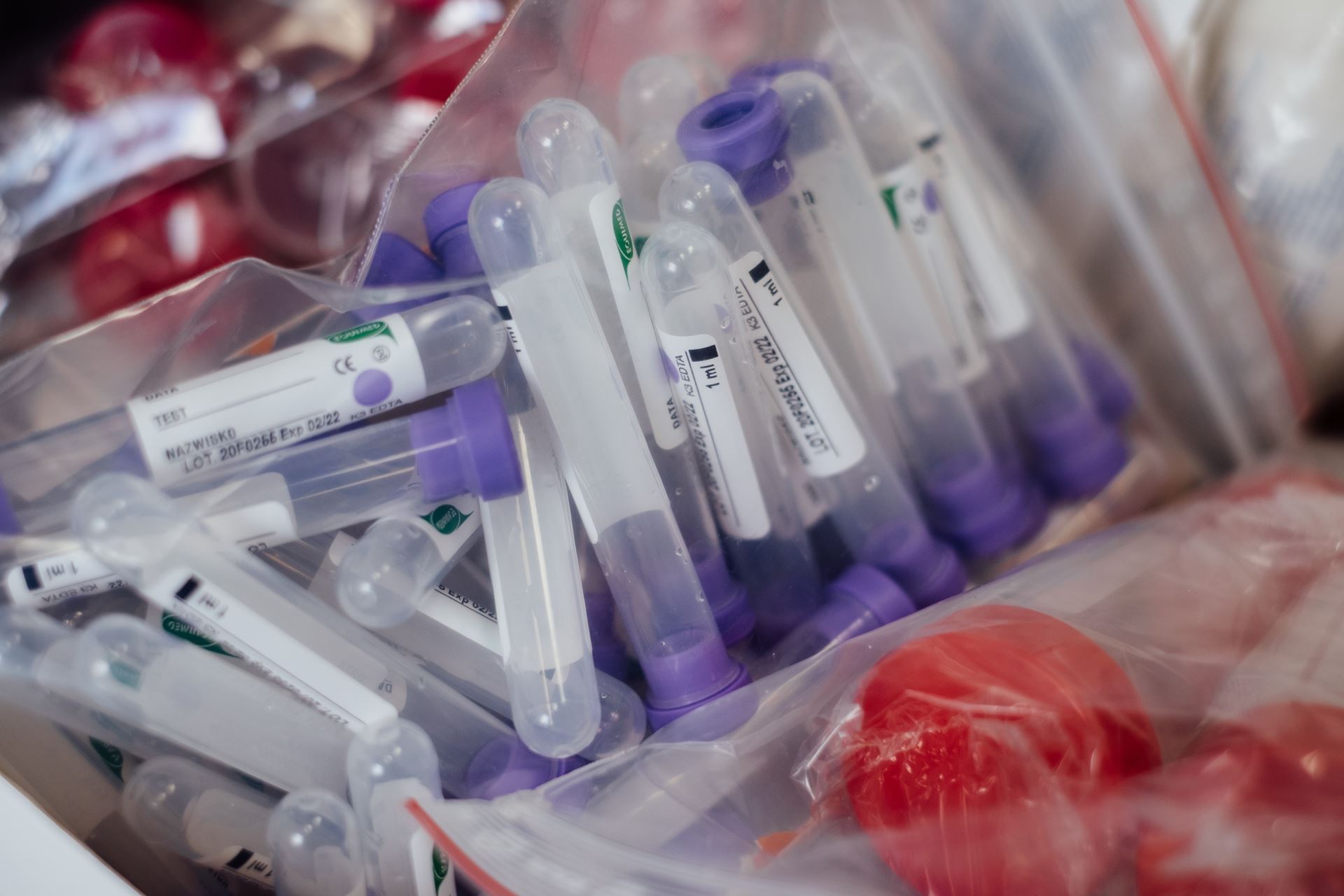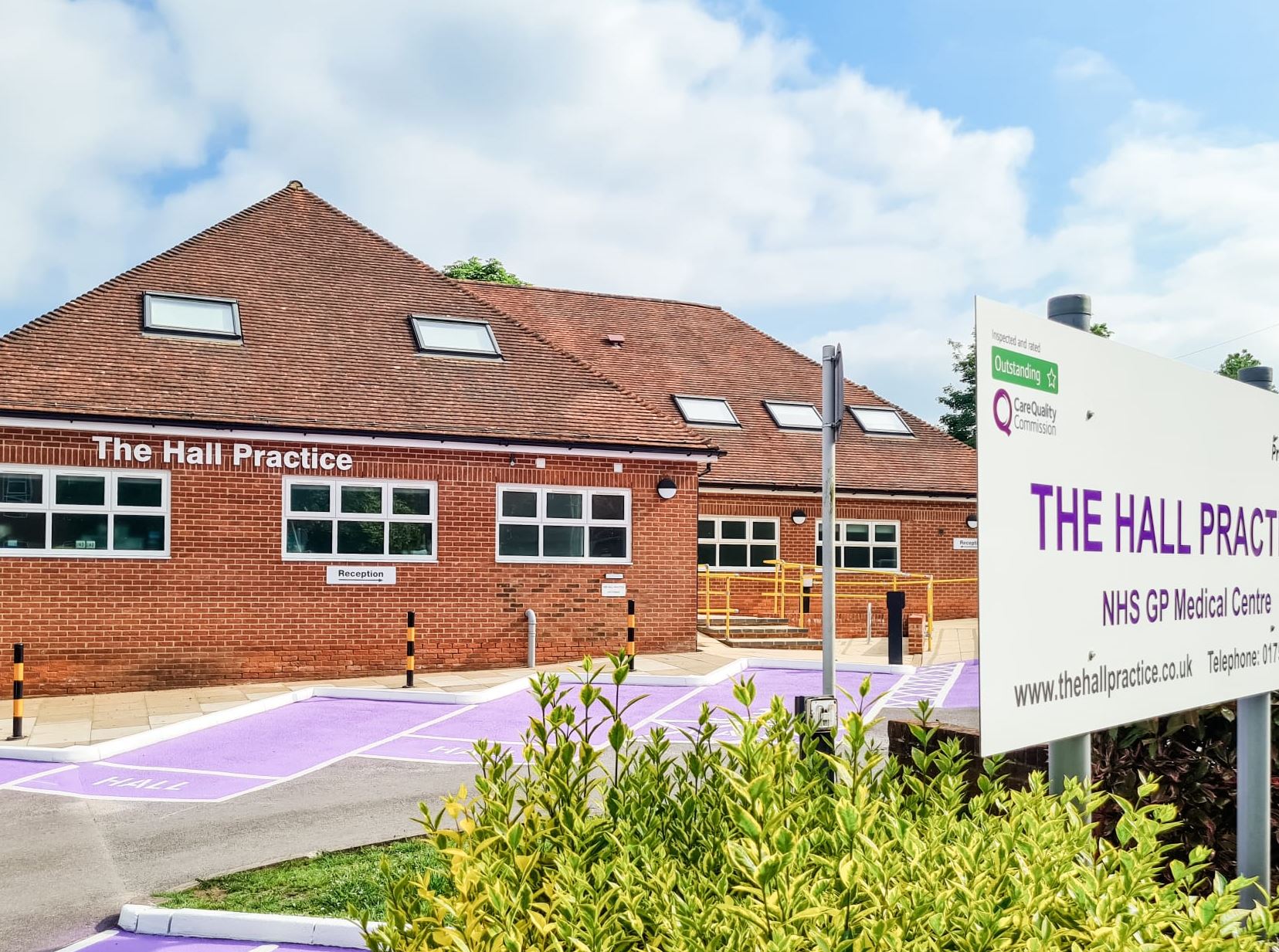Coronavirus
Panoramic Trial
HELP FIND EFFECTIVE EARLY TREATMENTS FOR COVID-19
PANORAMIC IS A UK-WIDE CLINICAL STUDY SPONSORED BY THE UNIVERSITY OF OXFORD AND FUNDED BY THE NATIONAL INSTITUTE FOR HEALTH RESEARCH TO FIND OUT IF NEW ANTIVIRAL TREATMENTS FOR COVID-19 IN THE COMMUNITY REDUCE THE NEED FOR HOSPITAL ADMISSION AND HELP PEOPLE TO GET BETTER SOONER.
CLICK HERE - https://www.panoramictrial.org/
Mild Covid-19 symptoms
Keep track of your temperature if you can. However, as long as your breathing is normal and your oxygen level is normal (over 65 years or under 65 years with a condition that makes you vulnerable), you do not need to contact your GP/NHS 111.
If you have a temperature or other mild COVID-19 symptoms, such as cough, muscle aches, tiredness, mild chest pain, dizziness or headache, loss of taste or sense of smell, diarrhoea, vomiting or rashes. These are common symptoms. You may not have all of these but still feel unwell.
Paracetamol and regular fluids can help with these symptoms, and most people will get better by themselves within two to three weeks.
How to look after yourself at home if you have coronavirus
If you are over 65 years, or under 65 with a condition that makes you vulnerable, and you have had a positive Covid test result, please see below for videos about how to monitor your oxygen levels using a pulse oximeter and for related patient information / recording diary.
If you do not have a pulse oximeter at home, they can be purchased online or the practice can lend one to you. If you fit the above criteria and we have not already contacted you and you would like to borrow one, please either call 01753 989800 or contact us via the 'Contact us' link on our appointments page.
What to do if you experience the following symptoms:
Attend your nearest A&E within an hour or call 999
A minority of people with COVID-19 will suffer more severe symptoms. You should attend A&E as quickly as possible or call 999 immediately if you experience the following:
- Your blood oxygen levels are 92% or less (retake your reading immediately first)
- You are unable to complete short sentences when at rest due to breathlessness
- Your breathing gets worse suddenly.
- OR if you develop these more general signs of serious illness:
Cough up blood
Feel cold and sweaty with pale or blotchy skin
Collapse or faint
Develop a rash that doesn’t fade when you roll a glass over it
Become agitated, confused or very drowsy
Stopped passing urine or are passing urine much less than usual.
You should tell the operator you may have coronavirus and if you use a pulse oximeter give your oxygen saturation reading. These symptoms require urgent medical attention.
Contact NHS 111
If you experience any of the following COVID-19 symptoms, you should contact 111 as soon as possible:
- Feeling breathless or difficulty breathing, especially when standing up or moving
- Severe muscle aches or tiredness
- Shakes or shivers
- If you use a pulse oximeter, your blood oxygen level is 94% or 93% or continues to be lower than your usual reading where your normal oxygen saturation is below 95% (retake a reading within an hour first)
- Sense that something is wrong (general weakness, severe tiredness, loss of appetite, peeing much less than normal, unable to care for yourself – simple tasks like washing and dressing or making food).
You can access 111:
• Online at www.111.nhs.uk
• By phone 111
• Via your GP.
You should tell the operator you may have coronavirus.
Supporting your recovery from Coronavirus
As you recover from coronavirus, you may still be coming to terms with the impact the virus has had on both your body and mind. These changes should get better over time; some might take longer than others, but there are things you can do to help. The following resources contain useful information that will help aid your recovery:
https://www.oxfordhealth.nhs.uk/wp-content/uploads/sites/16/2020/09/OH-090.20-Post-COVID-Leaflet.pdf
https://www.post-covid.org.uk/get-support/
https://www.leedsccg.nhs.uk/health/coronavirus/recovering-from-coronavirus/
https://www.blf.org.uk/support-for-you/coronavirus/how-will-i-recover-if-ive-had-coronavirus
Please click the heading above ('Supporting your recovery from Coronavirus')
to link to our 'Mental Health and Coronavirus' support page
Please follow the links below for all the latest Government updates re: Coronavirus:
Coronavirus (COVID-19) health advice for people with asthma and other respiratory conditions
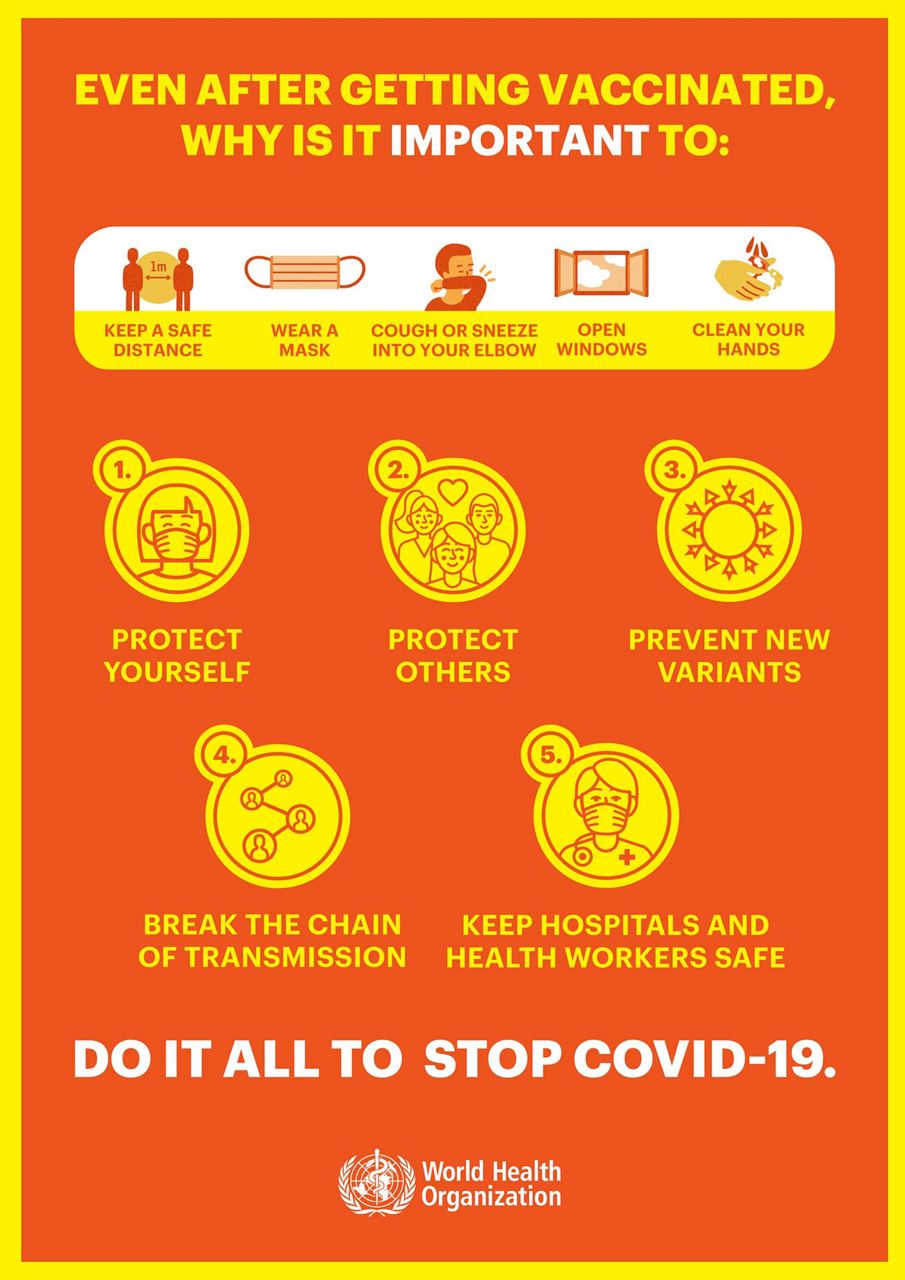
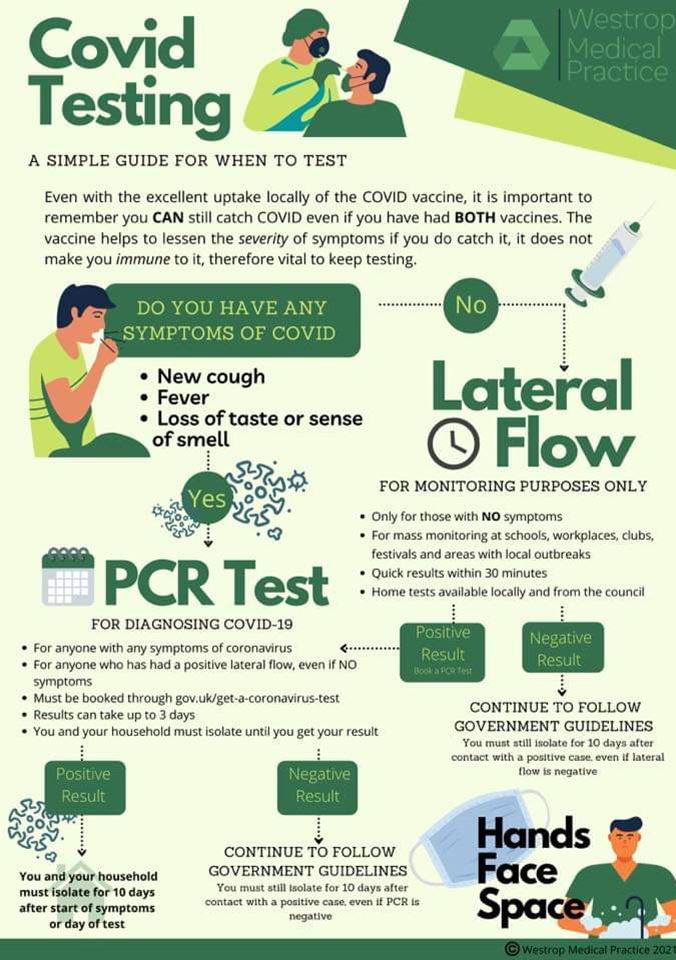
Visit NHS 111 Online
111.nhs.uk/service/COVID-19/
Read general advice such as:
- how it spreads
- how to avoid infection
Get information about coronavirus (COVID-19) or
read answers to common questions about it.
Find out what to do if you think you have symptoms
We'll ask you a few questions and tell you what to do next.
The 111 online assessment is being updated with new information from the Chief Medical Officer.
To protect yourself and others, do not go to a GP, pharmacy or hospital

What to do if an employee needs time off work to look after someone
Employees are entitled to time off work to help someone who depends on them (a ‘dependant’) in an unexpected event or emergency. This would apply to situations related to coronavirus (COVID-19). For example:
- if they have children they need to look after or arrange childcare for because their school has closed
- to help their child or another dependant if they’re sick, or need to go into isolation or hospital
There’s no statutory right to pay for this time off, but some employers might offer pay depending on the contract or workplace policy.
ACAS have more information on coronavirus and can help with specific queries by phone.
COVID-19: guidance for employees, employers and businesses
Certifying Absence From Work
People unable to work for more than seven days because of COVID-19 can obtain an isolation note through a new online service.
Isolation notes will provide employees with evidence for their employers that they have been advised to self-isolate due to COVID-19, either because they have symptoms or they live with someone who has symptoms, and so cannot work.
As isolation notes can be obtained without contacting a doctor, this will reduce the pressure on GP surgeries and prevent people needing to leave their homes.
For the first seven days off work, employees can self-certify so they don’t need any evidence for their employer. After that, employers may ask for evidence of sickness absence. Where this is related to having symptoms of COVID-19 or living with someone who has symptoms, the isolation note can be used to provide evidence of the advice to self-isolate.
People who need to claim Universal Credit or Employment and Support Allowance because of COVID-19 will not be required to produce a fit note or an isolation note.
The notes can be accessed online at 111.nhs.uk/isolation-note. After answering a few questions, an isolation note will be emailed to the user. If they don’t have an email address, they can have the note sent to a trusted family member or friend, or directly to their employer. The service can also be used to generate an isolation note on behalf of someone else.
Everyone is being reminded to follow Public Health England advice to:
- Always carry tissues with you and use them to catch your cough or sneeze. Then bin the tissue, and wash your hands, or use a sanitiser gel.
- Wash your hands often with soap and water, especially after using public transport.
- Use a sanitiser gel if soap and water are not available.
- Avoid touching your eyes, nose and mouth with unwashed hands.
- Avoid close contact with people who are unwell.
You can find the latest information and advice from Public Health England at www.gov.uk/coronavirus.
Page created: 21 February 2023
